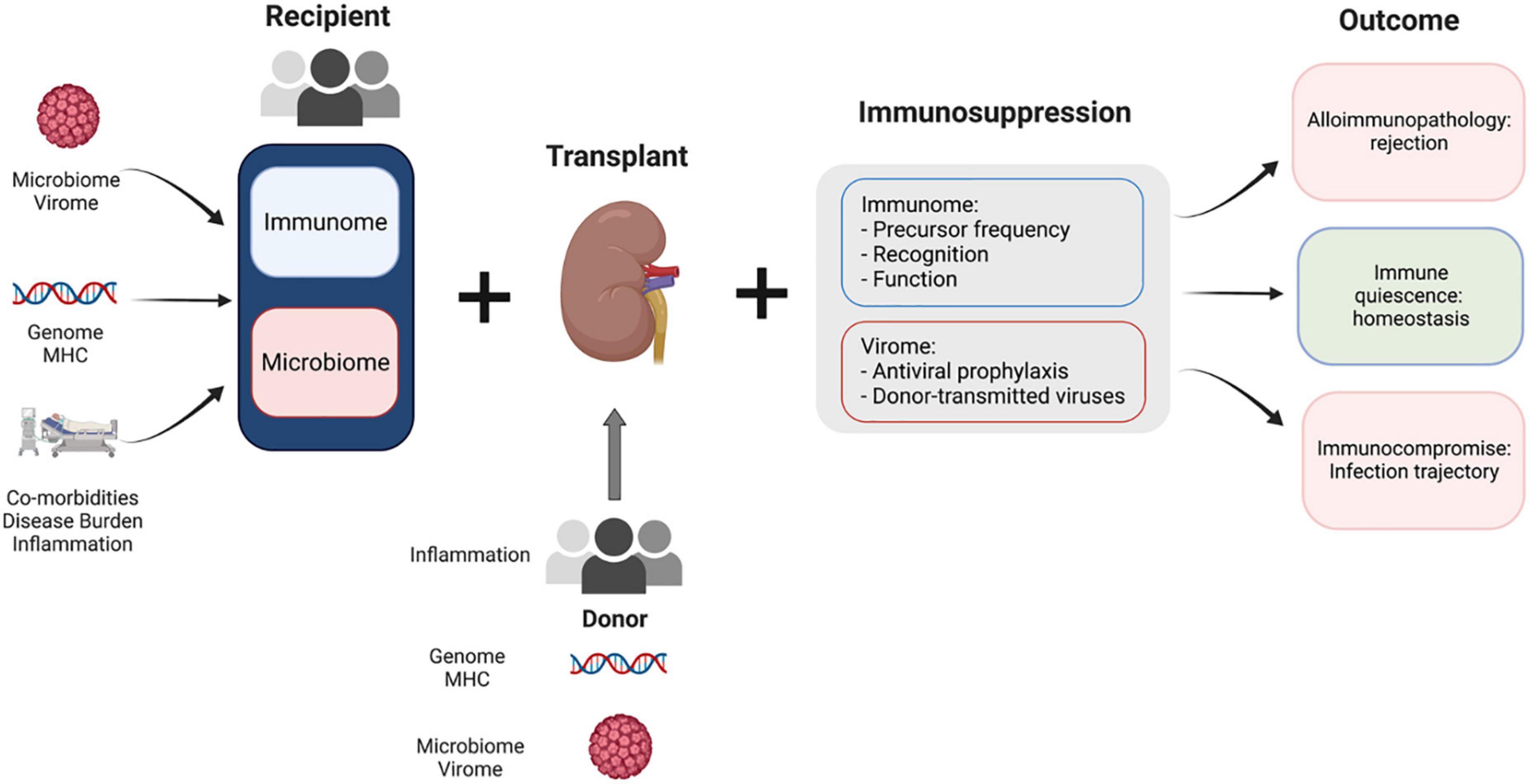· who fact sheet on ebola: Key facts, definition, transmission, symptoms, diagnosis, treatment, prevention, who response. · during the 25th international aids conference (aids 2024), being held in munich, germany, a new case of long hiv remission was reported and fuels optimism for an eventual … · the international maternal pediatric adolescent aids clinical trial network (impaact) p1107 reported the first case of hiv cure in a woman living with hiv submitted to a … Second, patients whose transplant fails will die of kidney failure without dialysis support. Therefore, even in settings where kidney transplantation is successfully implemented as the … Executive summary latent tuberculosis infection (ltbi) is defined as a state of persistent immune response to stimulation by mycobacterium tuberculosis antigens with no evidence of clinically … · who cardiovascular diseases fact sheet providing key facts and information on risk factors, symptoms, rheumatic heart disease, treatment and prevention, who response. · who guiding principles on human cell, tissue and organ transplantation - as endorsed by the sixty-third world health assembly in may 2010, in resolution wha63. 22 · transplantation of human cells, tissues or organs is the best – and often the only – way to save lives for people with serious or life-threatening diseases and injuries. · lack of availability and equitable access to transplantation may lead to death or unethical or illegal practices such as transplant tourism and organ trafficking. The resolution …
Transplant Surgery: The Crucial Role Of Immunosuppressants
· who fact sheet on ebola: Key facts, definition, transmission, symptoms, diagnosis, treatment, prevention, who response. · during the 25th international aids conference (aids 2024),...








